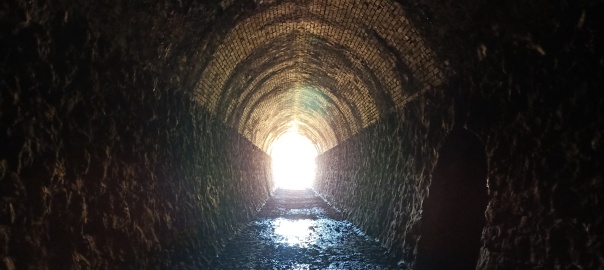Have sent out a proposal to people who use the above game series in the classroom and/or write about it. Have spoken to Ubisoft about this so possibly can work with historians and archaeologists working with Ubisoft as well.
Authors: Will be an ongoing negotiation process, from abstract/title to publisher and external reviews (depending on the publisher).
Audience: Would be useful if it can be used in a classroom (perhaps university-level undergraduate) but with some thoughtful articles.
Content: How Assassin’s Creed evolved in terms of history and simulation, how it is seen (inside and outside Ubisoft) in terms of its potential in education, heritage and tourism. Indeed a book I am co-editing has a chapter on Assassin’s Creed and screen tourism and I have been tasked to write it! But for this project, I would be very happy to get a conversation going between game designers, consultants, historians, academics and game design teachers.
Focus: How could Assassin’s Creed change or create more flexibility for use and reuse and input from these sectors? How do the scholars and designers see new ways of using games to learn about aspects of history that would be of interest to Ubisoft in particular and game companies in general?
Language: I think I should find a co-editor and possibly French-speaking, would it make sense to have French language chapters and or a French version?
Publisher: I don’t have funds for open access publisher fees but ideally it would be (at least in part) free on the web so it could easily be picked up by classrooms. Update: have received some interest already.
Timing: We are looking at a mid to late 2021 final submission by authors so the book might have to appear in 2022.








